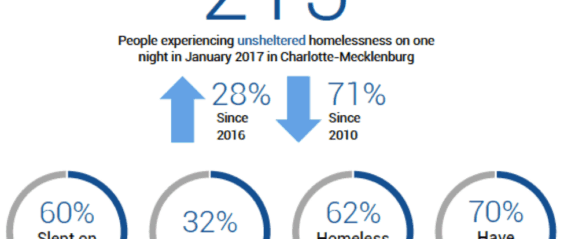A New Slant
A recent report by Georgetown University’s Center on Education and the Workforce features an interesting analysis of the federal Pell Grant program which provides low-income students with college tuition assistance. The report suggests that some of the most selective colleges have the smallest proportion of low income students.
This kind of study requires a broader overview of college admissions before spurring policy changes or conclusions. That said, it provides an interesting look at where our most needy kids are going to school and how they are performing. It also raises some good questions about whether admissions barriers exist in certain contexts and prevent the merit-based access to higher education.
Side note: Georgetown has a great format for presenting the information. Interested readers can easily download and read the report, but they also have a great web site that allows for quick access to the key findings, the best infographics and the raw data. Other think tanks and research centers should take note.
In The Weeds
The Duke Nicholas Institute for Environmental Policy Solutions and the Aspen Institute released a report analyzing water management. We know that sounds uber wonky, but think about the problem statement that leads off the introduction. “We are unable to answer fundamental questions about our water systems in a timely way. How much water is there? What is its quality? How is it used (i.e., withdrawn, consumed or returned for different purposes)?”
In the 21st century, that is disconcerting. This report takes a stab framing the problem and then does a thorough job of providing recommendations for how to do better. The punchline: create better standards for collecting information, and then create an information sharing network that allows for better information transmission.
For Your Consideration
Endeavors, a research magazine published by the University of North Carolina at Chapel Hill, has an interesting look at how faculty and students in the School of Public Health were deployed to conduct rapid response research water quality research following Hurricane Matthew. The article shows how federal programs can successfully partner with higher education to provide necessary data collection for public health and future planning. Below is a short video describing the project.


